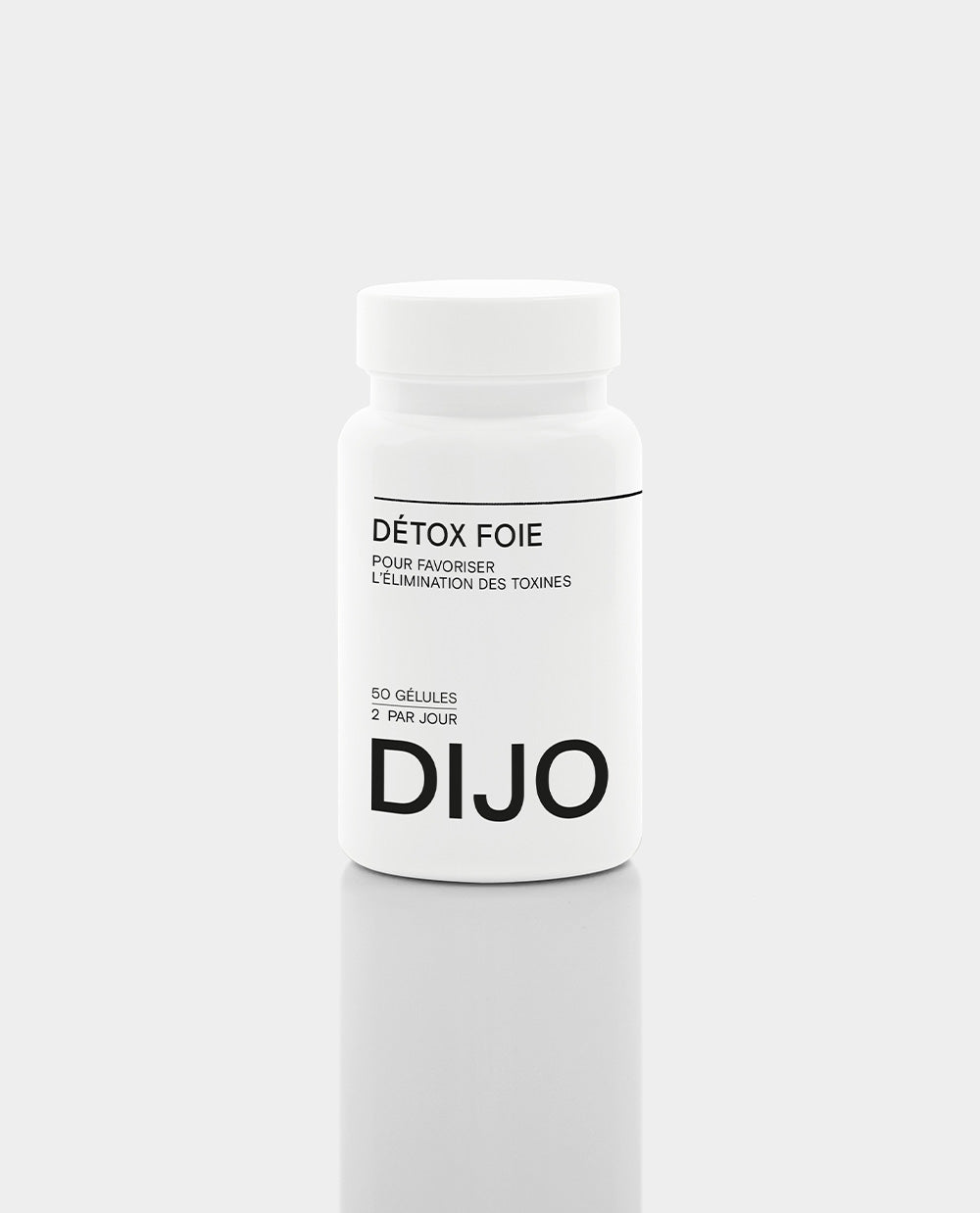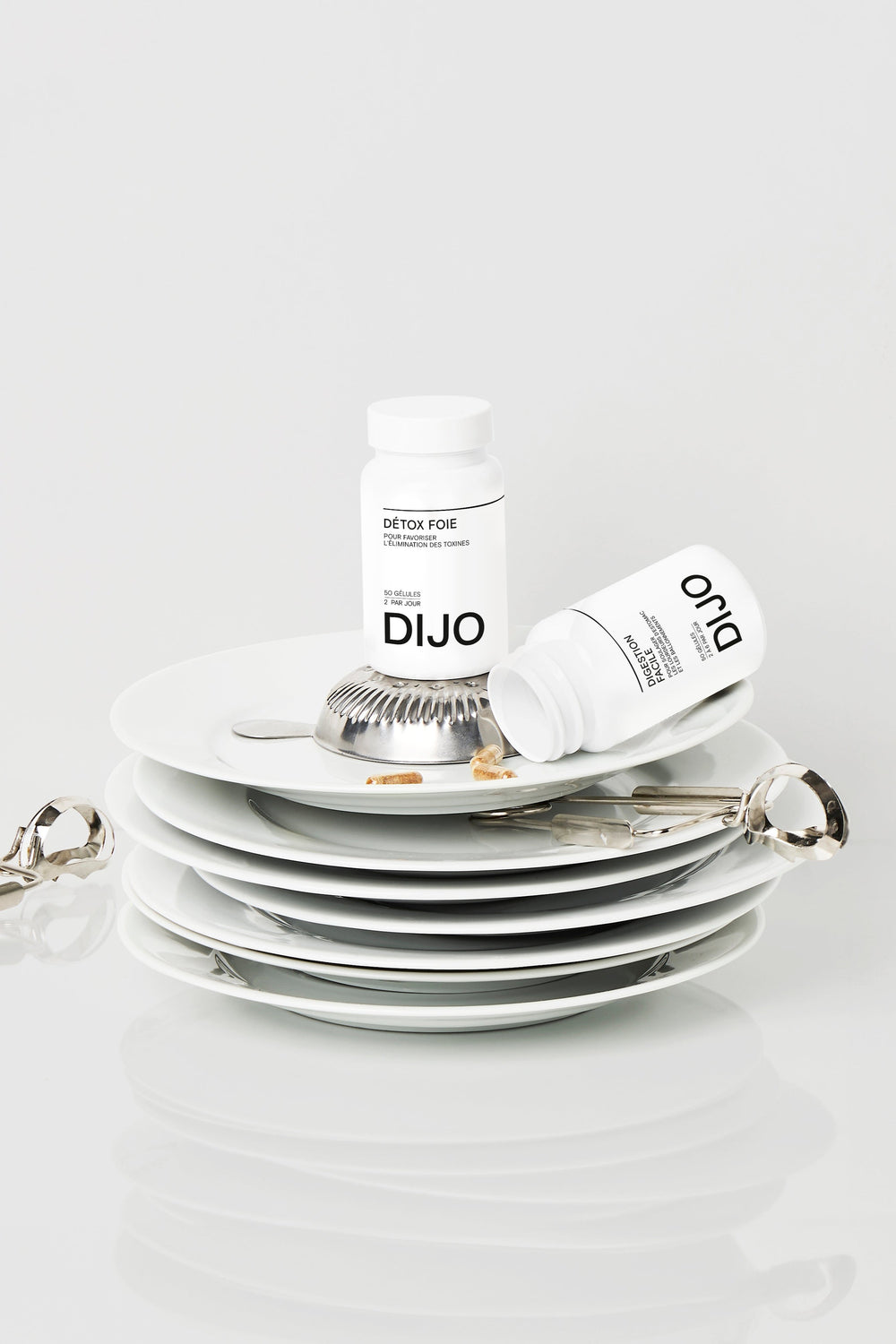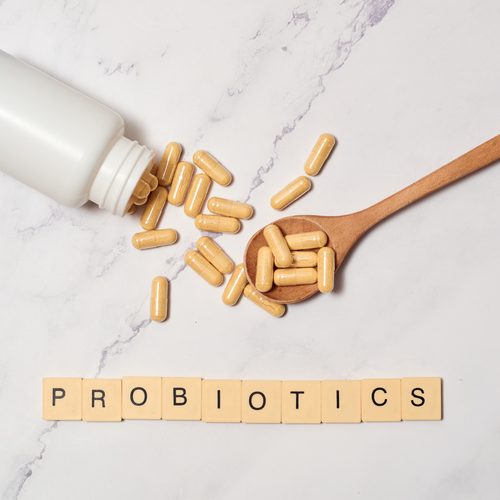What does “detox” actually mean?
Today we tend to believe that a “detox” is a 3-day juice cleanse, when in reality it is a global change in one’s lifestyle, lasting 1 to 3 weeks, ideally at the change of season. So “detoxifying” means eliminating accumulated toxins , mainly due to: an unsuitable diet, a lack of physical activity, a lack of sleep, the abuse of stimulants (alcohol, cigarettes, etc.), or chronic stress.
A “detox” is guided by 2 principles:
-
Optimize inputs into the body, that is to say reduce sources of toxins and toxicants and rest the digestive system
-
Promote exits, in other words promote the functioning of the body's 5 elimination organs capable of eliminating toxins and toxic substances from our body: liver and intestines, skin, kidneys, lungs.
In concrete terms, this means that if you have a suitable diet, exercise regularly and manage your stress well, you do not (in the majority of cases) need to resort to a “detox”! “Detox” is only necessary in cases of overload of the elimination organs and to be fully successful must be accompanied.
Our naturopath, Cécile Pétureau's 4 tips for getting back in shape after the holidays
Before we begin, it's important to know that it's impossible to gain weight in 4 days! Gaining fat is a process that requires several weeks, or even months, of excess. So if you're feeling tight in your jeans tonight, it's most likely:
-
air because digestion may have been more complicated during the holidays
-
and water because you've eaten more salt, sugar, and alcohol. All of these factors promote water retention.
#1 - Only eat when you are hungry , it is okay to skip a meal if you feel the need.
#2 - Make half your plate vegetables to provide maximum vitamins and minerals, sources of energy! Some tips for choosing your vegetables:
- Seasonal vegetables: much richer in vitamins and minerals than those grown in greenhouses or which ripen during transport and which meet our nutritional needs for the season. In winter, the body needs a richer and more vitamin-rich diet to cope with the cold
- Steamed or stewed vegetables ideally
- Raw vegetables, as long as your own intestinal sensitivity allows it, in which all the vitamins are preserved, in particular vitamin C, which cannot withstand temperatures above 60°
- Lacto-fermented vegetables to strengthen your microbiota: lacto-fermented cabbage, beetroot and carrots, pickles, capers, gherkins and brined olives
- Vegetables that contribute to the proper functioning of the liver, a true purification center of the body: bitter vegetables (endive, dandelion, chicory, etc.), root vegetables (beetroot, carrots, etc.), cruciferous vegetables (cabbage, radish, watercress, arugula, etc.), garlic and artichoke
#3 - Chew : Good digestion and assimilation begin in the mouth! Take at least 20 minutes to eat your meal.
#4 - Don't eat while stressed (in front of your cell phone or computer). Stress blocks the digestive process (meanwhile, food stagnates and ferments, leading to more fatigue, digestive heaviness, bloating, and acidity).
Find all of Cécile Pétureau's detailed advice in our Instagram live, by clicking here






















